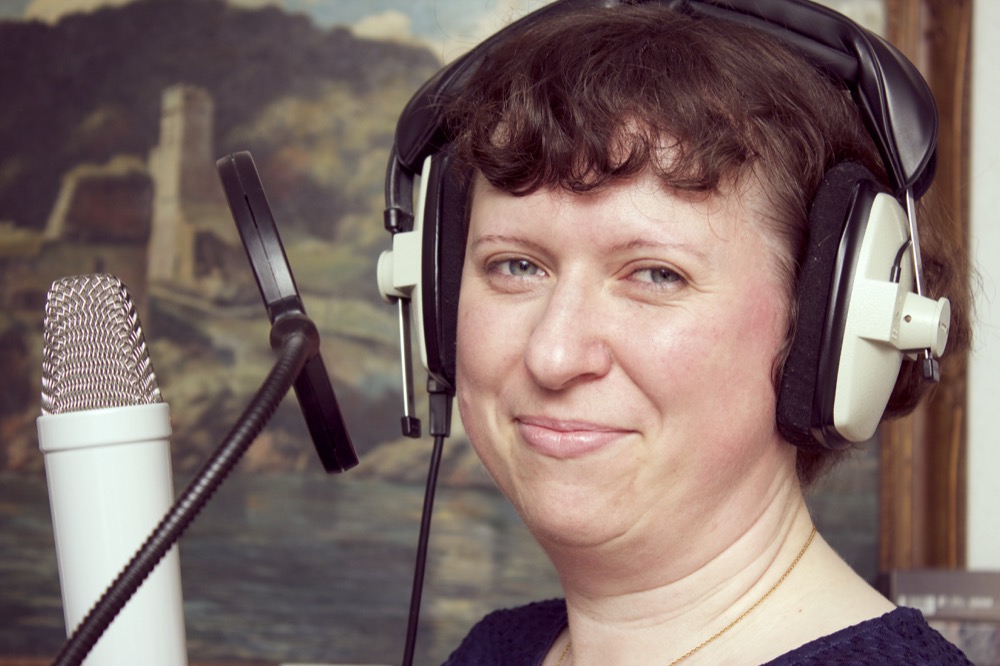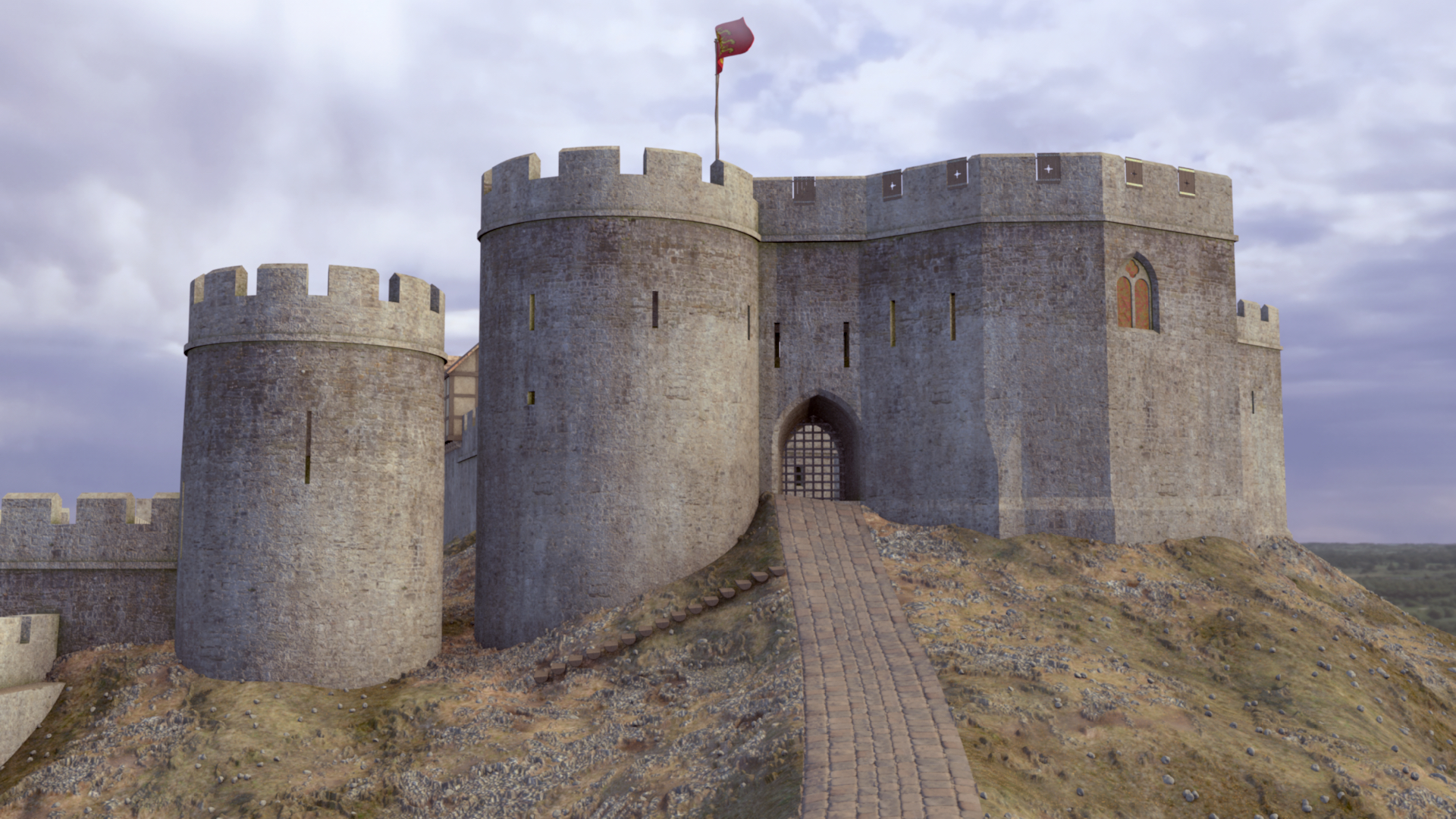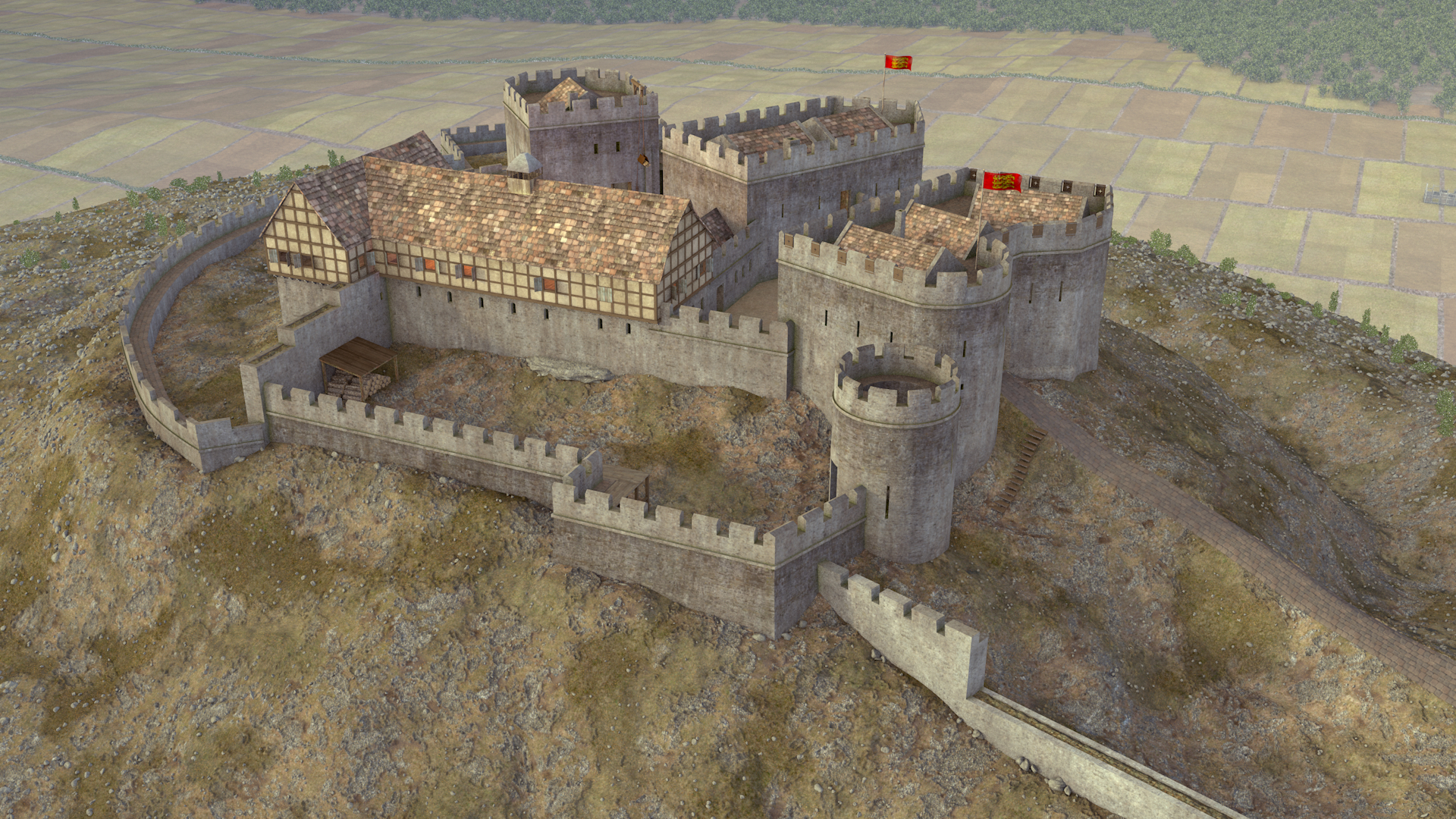In the last few weeks I have had a series of commissions to fulfil, most of which cannot be shared here as musical examples due to permission and rights:
- 4 and 1/2 minute score for an animation, which shows an old dam being converted to provide hydroelectric power. This was used for a presentation within days of completion and I hear it went extremely well.
- Three short promo film scores for an existing client.
- Six instructional videos to demonstrate bespoke cleaning products, to be used at an internal company event next Wednesday.
- A welcome song for a play group age 0-3 years, still in development.
- Three minute track in preparation for a montage edit of a live event next week.
- Stings for the start/end of videos for an existing corporate client.
Scoring is always a challenge because you have to subordinate the musical idea to the needs of the images, without it appearing to be compromise. You can learn how to do it better, but you still have to face unique corners in every film. In some ways, dramatic scoring is much easier than corporate because in drama the composer has licence to impose and make grand gestures. The best corporate scoring is only felt and never heard. It has to be very tight and to the point, without any scope for so-called "artistic" temperament.
The song has been an enjoyable counterpoint to these scores and a great opportunity to spend an hour or two recording again. It's 15 years since I was handing in my A Level composition coursework, including a multi-tracked musical number I had written for The Little Princess.




